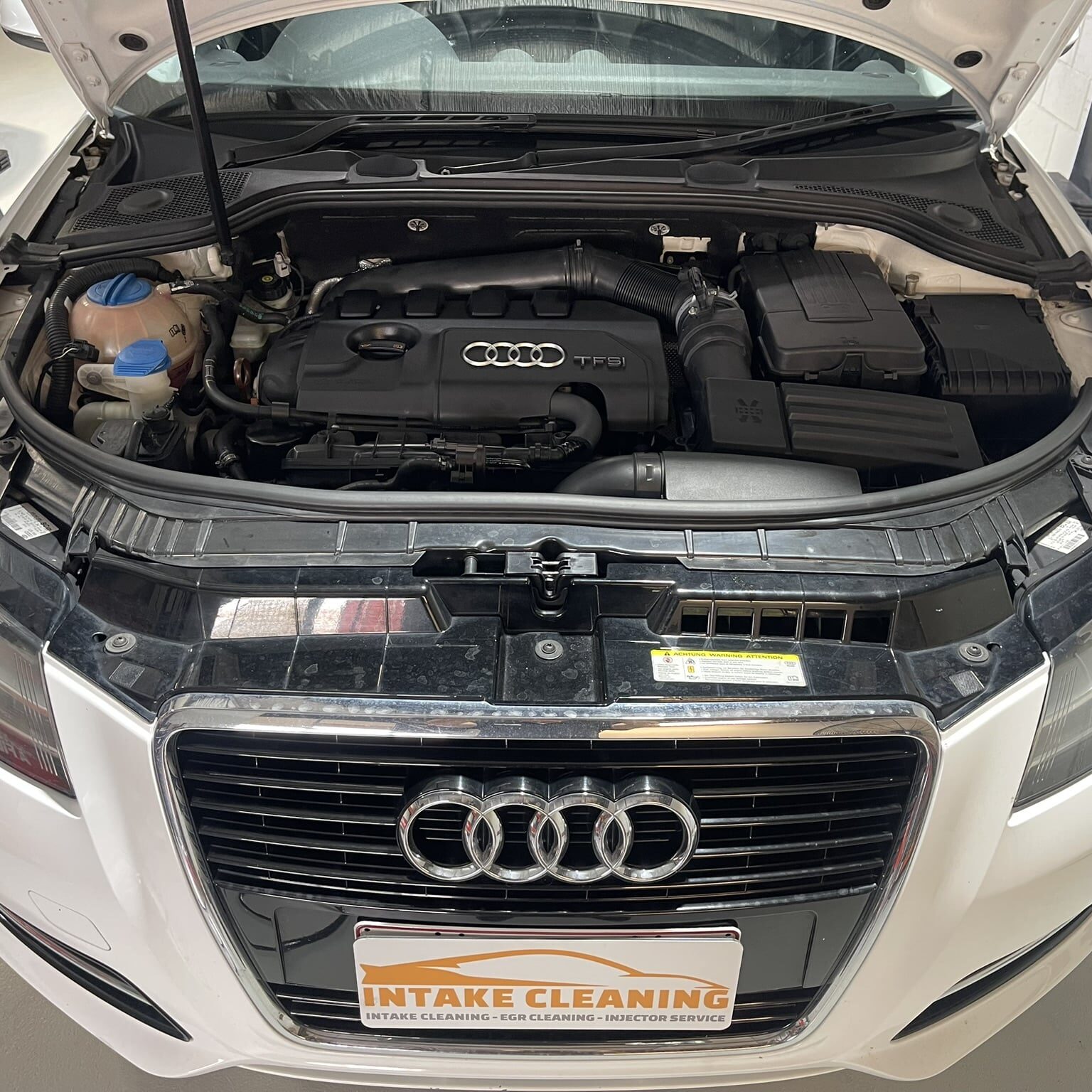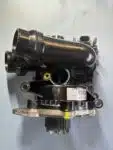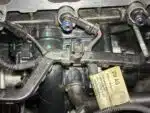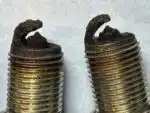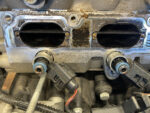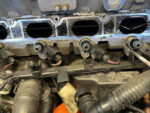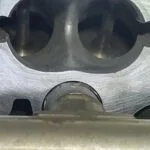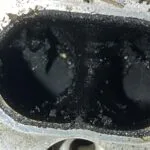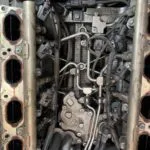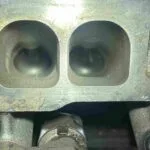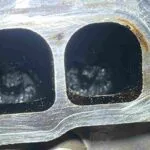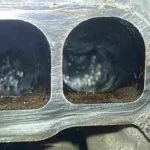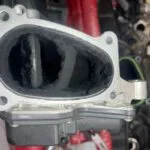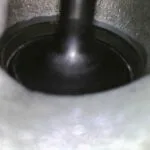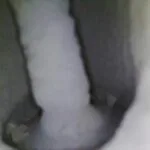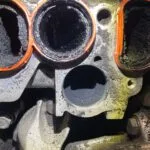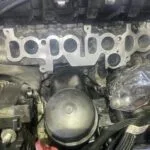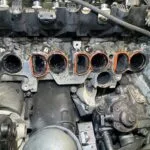Walnut shell blasting is a cutting-edge technique used to remove carbon buildup in engine, particularly in modern direct injection (DI) engines. This eco-friendly method employs finely crushed walnut shells to effectively clean engine components without causing damage. But how did this technique originate, and why has it become a staple for brands like BMW? Let’s dive into its history, technical benefits, and extensive application.
The Origins of Walnut Shell Blasting
The practice of using walnut shells as an abrasive medium traces back to the mid-20th century, when industries sought safer and more sustainable alternatives to sandblasting. Walnut shells, being biodegradable, non-toxic, and gentle on surfaces, became a preferred choice in aerospace and automotive applications.
It’s unclear who specifically pioneered walnut shell blasting for engine cleaning, but its widespread adoption can be credited to German automotive engineers. They discovered that walnut shells could clean intricate engine parts, like intake valves, without scratching or damaging sensitive surfaces. This discovery proved particularly useful as engine designs became more sophisticated and compact.
Why BMW Championed Walnut Shell Blasting
BMW was one of the first automakers to extensively use walnut shell blasting for maintenance of its engines, especially the turbocharged and direct injection models. Here’s why:
- Addressing Carbon Buildup in DI Engines: Direct injection engines inject fuel directly into the combustion chamber, bypassing the intake valves. This process often leads to significant carbon deposits on the valves, reducing airflow, performance, and fuel efficiency. Traditional cleaning methods couldn’t adequately address these deposits without risking damage to engine components. Walnut shell blasting offered a precise, non-invasive solution.
- Maintaining Peak Performance: BMW’s performance-oriented engines, like the N54, N55, and S55, are known for their high power output and efficiency. Carbon buildup could severely affect these attributes, making regular walnut shell blasting essential to maintain the “Ultimate Driving Machine” experience.
- Innovation and Sustainability: As a brand, BMW prides itself on engineering innovation and environmental responsibility. Walnut shell blasting aligns with these values, offering a biodegradable and effective maintenance solution.
Benefits of Walnut Shell Blasting
- Restores Engine Efficiency: By removing carbon deposits, walnut shell blasting improves airflow and combustion, enhancing engine performance and fuel economy.
- Environmentally Friendly: Walnut shells are a renewable resource, biodegradable, and non-toxic, making this method eco-conscious compared to chemical cleaning.
- Non-Abrasive and Safe: Unlike other abrasives, walnut shells are soft enough to avoid damaging sensitive engine parts while being tough enough to dislodge carbon deposits.
- Reduces Engine Issues: Regular cleaning helps prevent misfires, rough idling, and decreased throttle response caused by carbon buildup.
The Process of removing Carbon Buildup in Engines
- Inspection: Technicians assess the level of carbon buildup using specialised tools.
- Disassembly: The intake manifold is carefully removed to access the intake valves.
- Blasting: Finely crushed walnut shells are propelled at high speed to dislodge carbon deposits from the valves.
- Vacuuming: Residual debris and shells are vacuumed out to ensure a clean intake system.
- Reassembly and Testing: The engine is reassembled, and its performance is tested to ensure optimal operation.
Recommended Applications
Walnut shell blasting is ideal for vehicles prone to carbon buildup in the engine, including:
- BMW: Models with N54, N55, and S55 engines.
- Audi: TFSI engines like EA888 Gen 3.
- Volkswagen: TSI engine variants.
- Toyota: Land Cruiser and Prado diesel engines.
- Hyundai/Kia: Theta II and Lambda II turbocharged engines.
It’s generally recommended to perform walnut shell blasting every 40,000 to 80,000 kilometers, depending on the vehicle and driving conditions.
The Future of Walnut Shell Blasting
As automotive technology evolves, walnut shell blasting remains a crucial maintenance practice for direct injection and turbocharged engines. With increasing awareness of environmental sustainability, its eco-friendly attributes make it a preferred choice for both technicians and vehicle owners.
Intake Cleaning
3/25 | Granite St | Geebung | 4034
Phone: 0433 721 935
Email: [email protected]

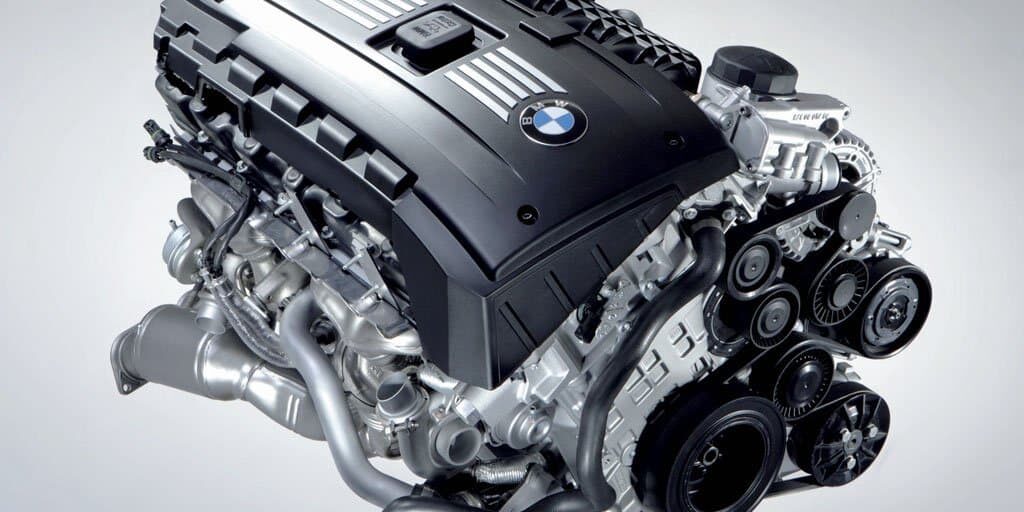
 Are you experiencing issues with the performance or reliability of your car? Book in for our diagnostic service where we can determine exactly whats wrong with your vehicle. We offer more services that just
Are you experiencing issues with the performance or reliability of your car? Book in for our diagnostic service where we can determine exactly whats wrong with your vehicle. We offer more services that just 